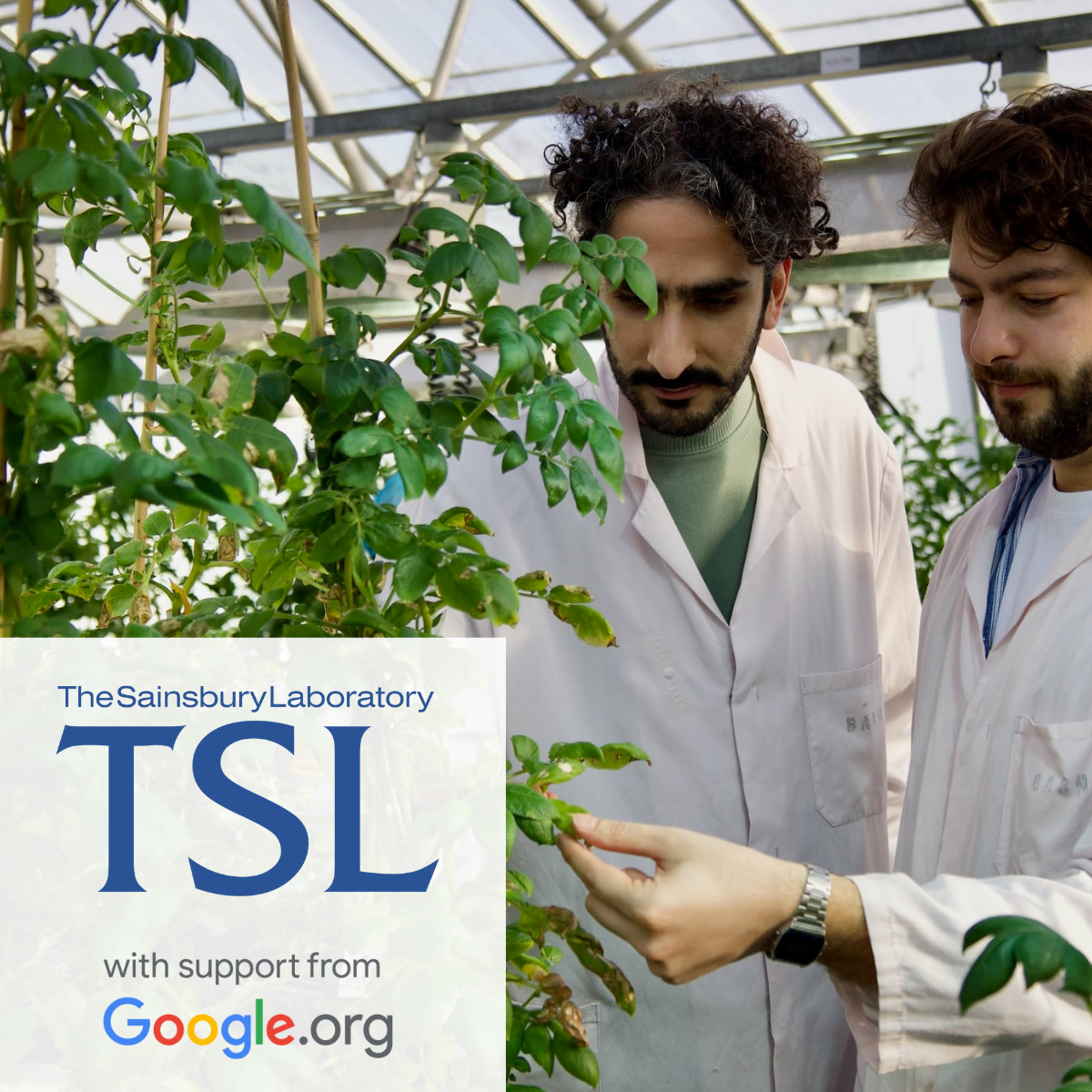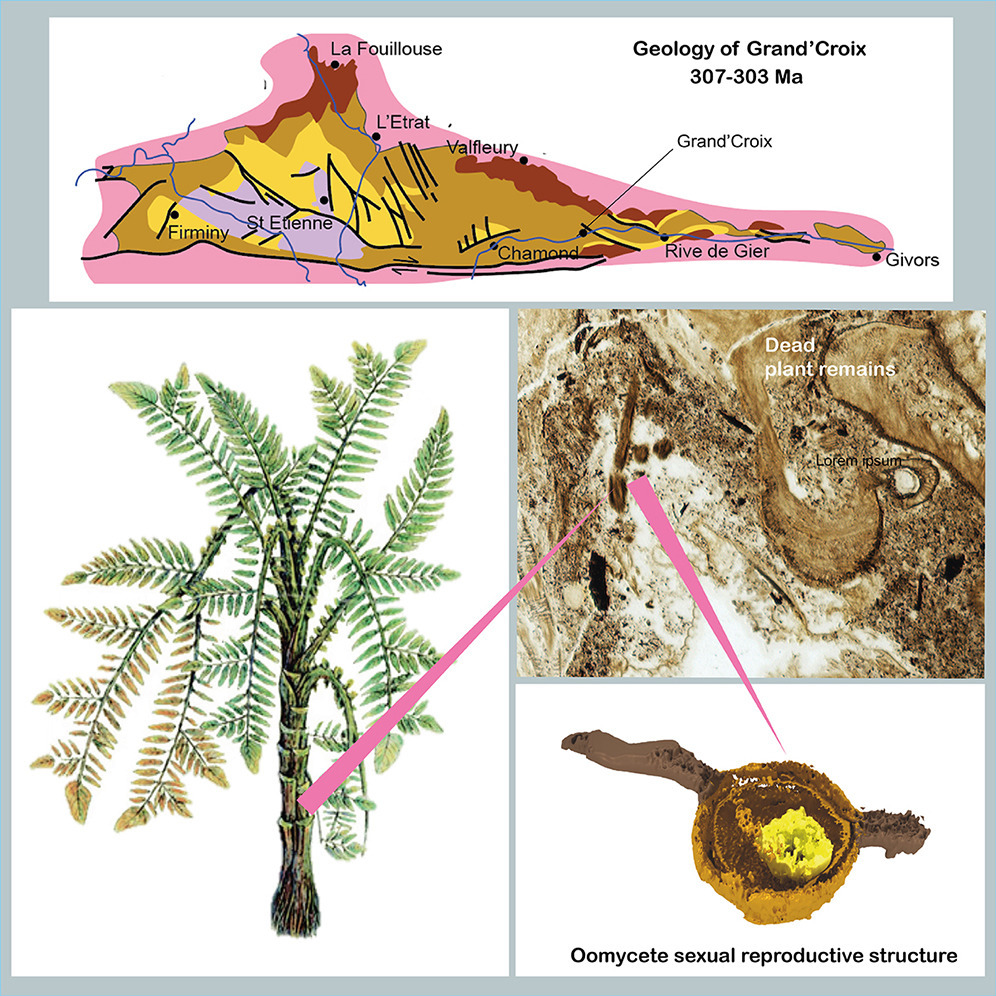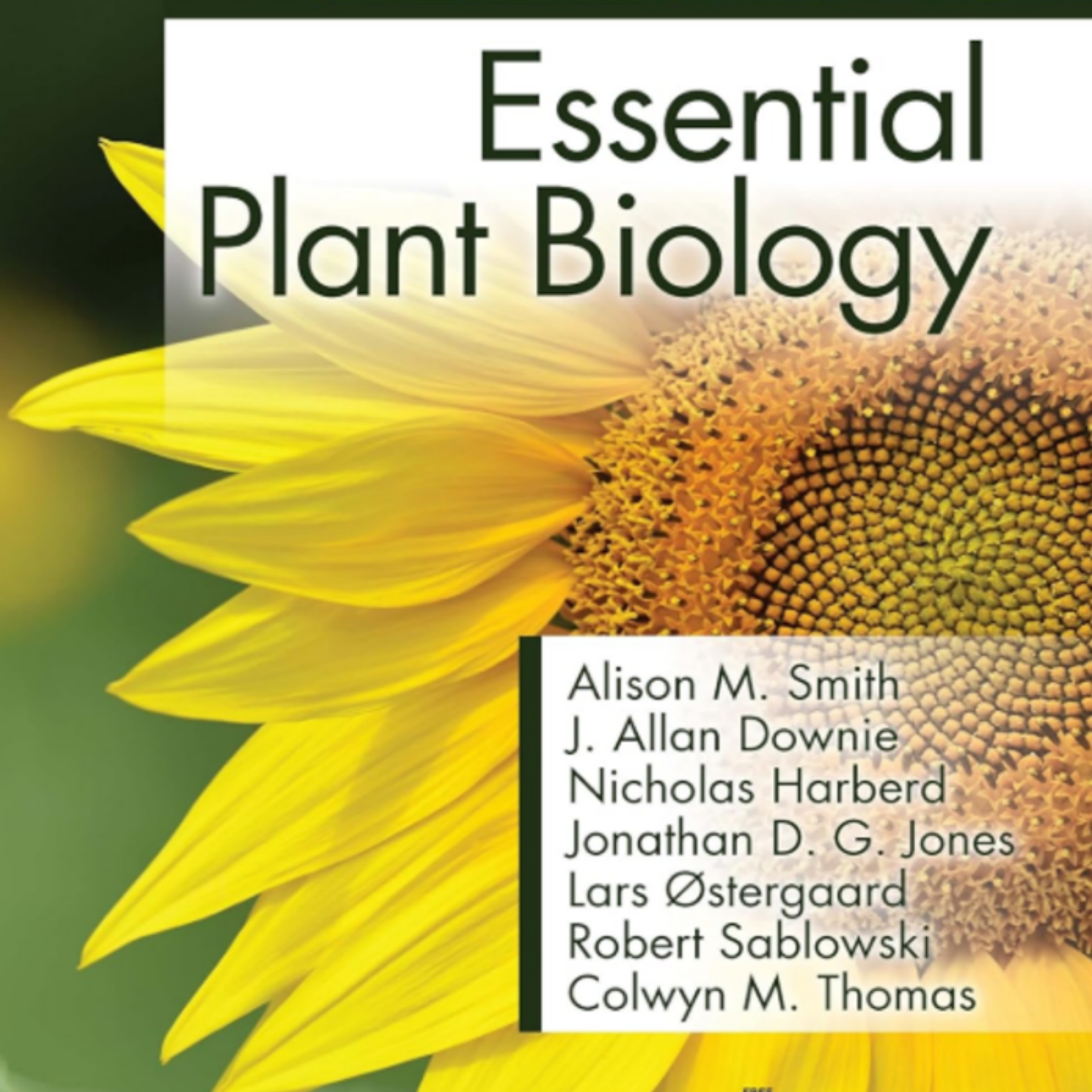UK's Precision Breeding Act Ready to Deliver
With the secondary legislation for the Precision Breeding Act passed, England is ready to capitalise on its world-leading research base in plant sciences and make agriculture more sustainable.
“We now have the opportunity to revolutionize plant breeding and tap into the vast biodiversity of plants in a more precise manner. This is a crucial innovation that can help break our dependence on agrochemicals and ensure a more sustainable future for all."
- Prof. Nick Talbot FRS, Executive Director of The Sainsbury Laboratory

The final implementation of the Genetic Technology (Precision Breeding) Act marks the introduction of a new regulatory system in England for precision-bred plants - developed using biotechnology to make genetic changes that could also occur naturally or through conventional breeding.
This includes small changes in the genetic sequence (e.g. gene editing) of a plant or adding genes from close plant relatives that could have been added with conventional breeding methods (e.g. cisgenics).
The legislation opens the door for developing disease-resistant crops with reduced reliance on fungicides and more sustainable farming options.
Researchers at The Sainsbury Laboratory are recognised for making fundamental scientific discoveries in how plants resist disease and applying these to reduce crop losses, particularly in low-income countries.
Plant scientists know that by introducing small specific changes in genes via genetic technologies they can have a very positive impact on crop growth and development, and the ability of plants to grow in more challenging environments.

The Sainsbury Laboratory has been exploring how to improve crops using gene editing. With small mutations and deletions, significant changes can be made to the crop phenotype. Powdery mildew is the main reason why UK farmers spray their tomato crops with fungicide. A resistant variety will significantly reduce the need for these agrochemicals. Gene editing naked barley is used to better understand the contribution of seed hulls to malt quality and answer outstanding questions in the malting industry. A more compact tomato plant will allow growers to utilize their greenhouse space more efficiently and maximise tomato yield.
By incorporating this simple edit into commercial tomato varieties, our need for fungicides could be drastically reduced.
For example, powdery mildew disease is one of the main reasons why British tomato growers spray fungicides on their crops. By removing a gene that makes tomatoes susceptible to powdery mildew, researchers at The Sainsbury Laboratory were able to develop a new resistant variety, the Tomelo, in a single step. Sophien Kamoun and his team made the technological pipeline publicly available, allowing plant breeders from all over the world to access and further develop this approach.
Prof. Sophien Kamoun FRS, Group Leader at The Sainsbury Laboratory, said "Our scientists based in Norwich were pioneers in developing CRISPR gene editing technology for plants back in 2013. This technology holds enormous potential for world agriculture, and many countries have already started realizing that potential by bringing CRISPR-edited, nutritionally enhanced plants to market. I’m excited to see England finally catch up.”
At TSL, we operate on the principle that it is better to protect crops with biology rather than chemistry.
There are many reasons for preferring genes to chemicals to protect our crops. Although improvements in fungicide formulations and spray regimes are currently effective, these need to be continuously adapted as new pathogen strains evolve to become insensitive or resistant to the chemicals.
For the last 25 years, researchers in the Jonathan Jones group have been looking for novel Resistance to Phytophthora infestans (Rpi) genes against late blight in wild relatives of potato and have found several. More recently we have also isolated resistance genes against Potato Virus Y (PVY) and potato leaf roll virus (PLRV).

ACRE provided advice on which genes and genetic changes could have been feasibly introduced using traditional breeding methods, and therefore qualify as Precision Bred. They were satisfied that the resistance genes from Solanum venturii could be introgressed based on published evidence that it already been done and proposed that the same would be feasible for S. americanum.
Potatoes that carry the three Rpi immune receptors are resistant to multiple races of the late blight pathogen, and this resistance is highly likely to be durable. Their resistance to PVY and PLRV will mean it will be much easier to produce seed potatoes in England, with fewer insecticides applied to restrict PVY and PLRV transmission by aphids.
We are now introducing this set of genes into several UK-favoured potato varieties, beginning with Maris Piper and Charlotte. The new varieties, PiperPlus 3.0 and CharlottePlus, will be brought to market in England by our commercial partners BioPotatoes once we receive approval under the PBA.
“If you have a potato that is inherently resistant to disease and shows reduced post-harvest losses, which will need less pesticides – to me, that’s obviously a good thing.” - Professor Jonathan Jones
Did you know it’s possible to delete 48 letters in the genetic code of a tomato? 🍅 🔬
— Defra UK (@DefraGovUK) March 14, 2022
This #BritishScienceWeek, we visit #STEM experts at @TheSainsburyLab.
They’re using genome editing to make pathogen resistant plants 👇 #BSW22@ScienceWeekUK @JohnInnesCentre @TheQuadram pic.twitter.com/hrI9o7R65D


